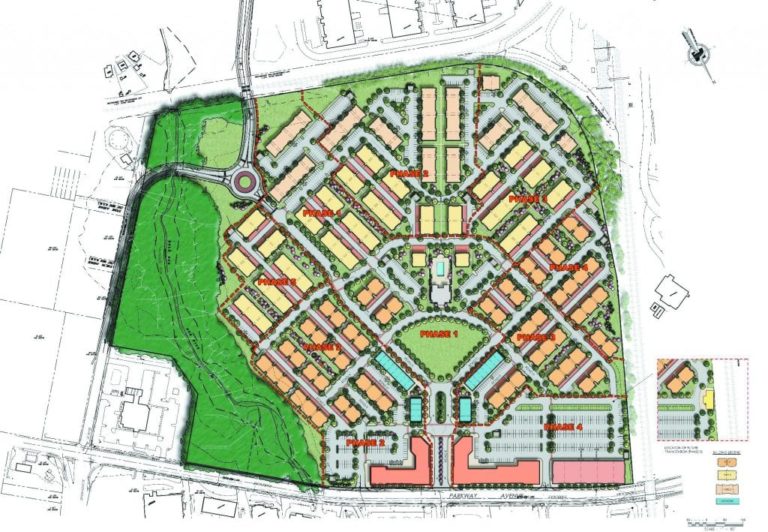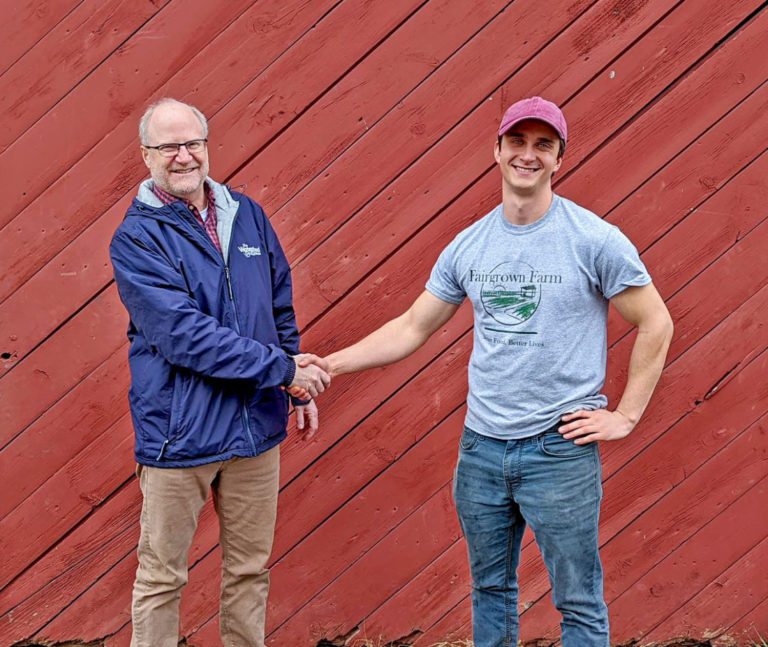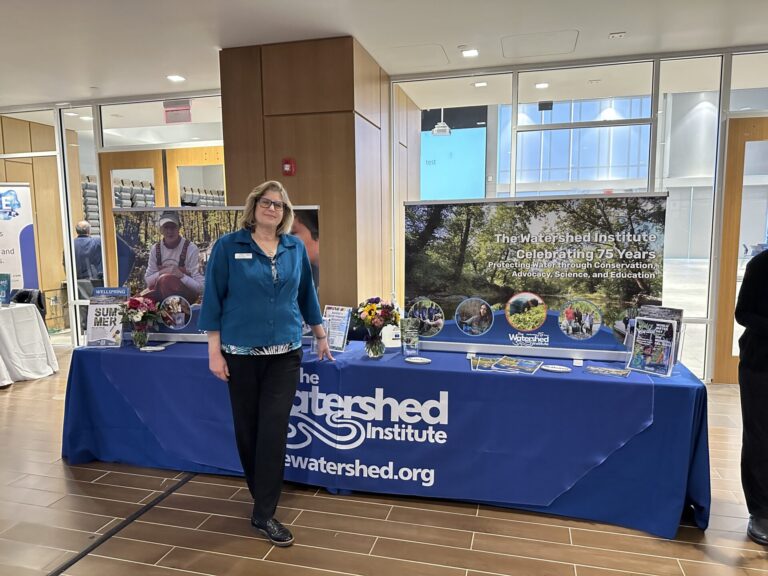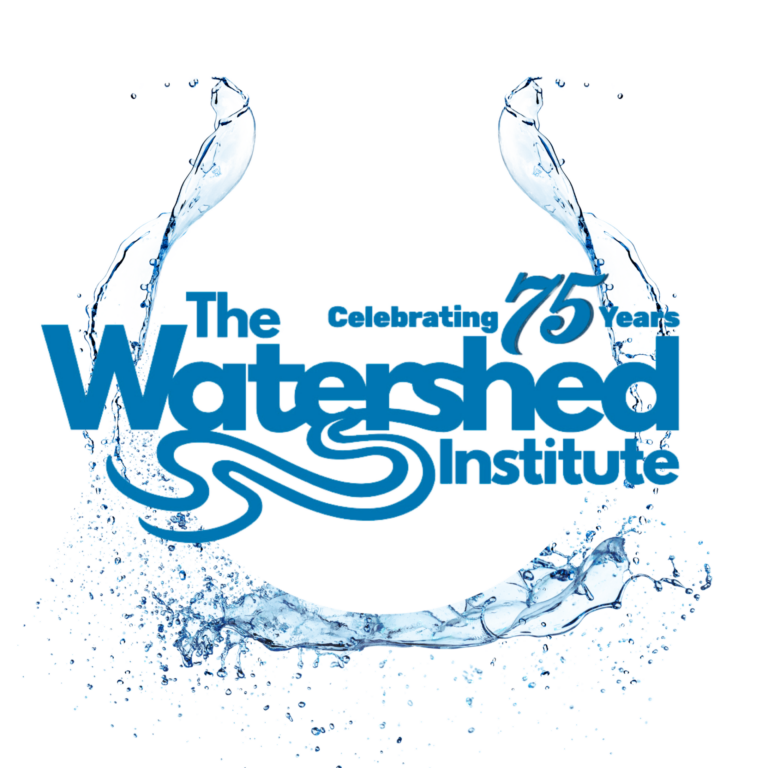Access the webinar recording here
The Watershed Institute’s virtual workshop on combating harmful developments attracted many people who wanted to learn more about advocacy and the local government process in land-use decisions.
The webinar’s audience included about 100 people from environmental nonprofits around New Jersey, county parks officials, the general public, and people with concerns about overdevelopment in the state. They sought information so they would be better equipped to fight projects that paved over farmlands and forests, changed what stores were allowed near residential neighborhoods or other land-use decisions. The virtual workshop shared tips and tools on how to effectively combat these projects.
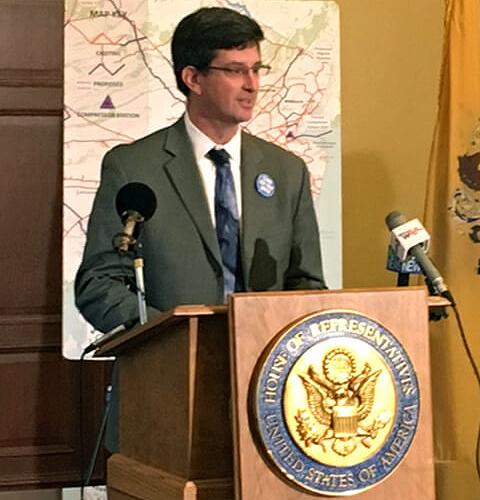 Moderated by Mike Pisauro, the Policy Director at the Watershed, the panel discussed how the public can learn about development projects and voice their concerns in public hearing when developers appear before their local planning and/or zoning boards.
Moderated by Mike Pisauro, the Policy Director at the Watershed, the panel discussed how the public can learn about development projects and voice their concerns in public hearing when developers appear before their local planning and/or zoning boards.
“Zoning is under the municipal land use and zoning must be consistent with the master plan,” said panelist Jim Kyle, professional planner. The file is typically available for public inspection and he suggested seeing how the development is framed. “If you look at nothing else in the file, look at the consultant’s review memos.”
The panelist covering the basics of planning and zoning boards, what the public may do after learning about a possible project; and what panelists consider effective commentary versus non-effective. They also discussed community land-use plans, local zoning ordinances, variances and other topics.
They also explored the public’s rights throughout the process, and how to stay informed about development projects before it’s too late to block or alter them.
“Go to the board as an ally and (share) that you have a legitimate position,” added Michele R. Donato, land use attorney, adding that attending a hearing can often help win concessions such as a larger buffer, more trees, and better stormwater management.
An effective strategy against a proposed development, she said, was the basic engineering of locating the seasonal high water table. “It can be quite effective if the board finds out that the basements will be filled with water. It should be front and center on design.”
The panelist also answered questions from the audience about who is allowed to speak about an application at a public hearing.
“Everyone can and everyone should come to a meeting if your property or community will be affected,” said Marylou Millard Ferrara, Hopewell Borough Planning Board Member.
They also discussed how the process has changed in the COVID-19 environment, such as how can the public comment, are application documents available digitally, and how does one go about accessing those documents.
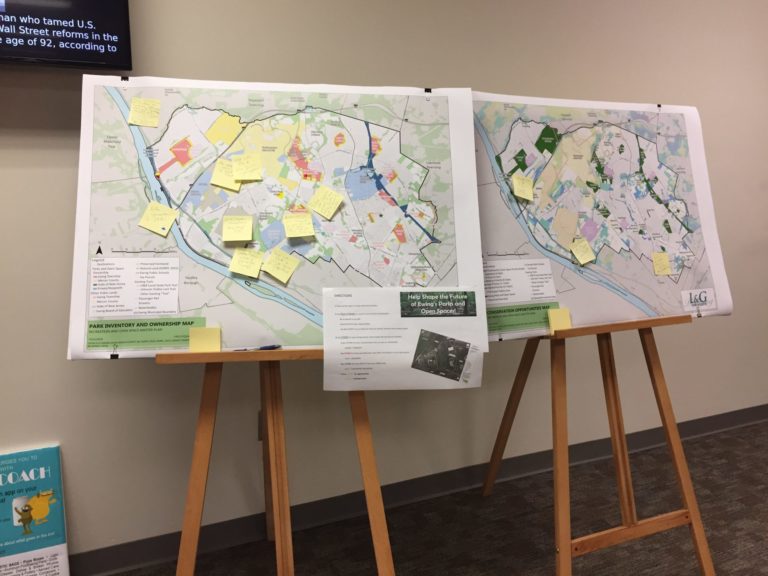
Please on these link to read the bios of the panelists:
• Jim Kyle, Professional Planner
• Dennis O’Neal, retired Engineer for Hopewell Borough
• Michele R. Donato, Land Use Attorney
• Marylou Millard Ferrara, Hopewell Borough Planning Board Member

